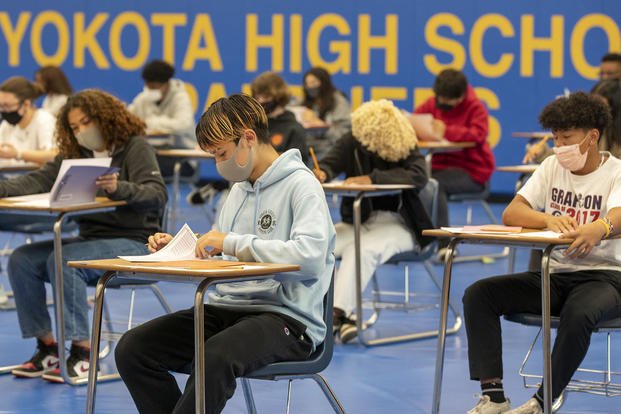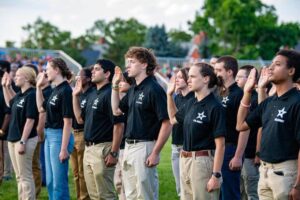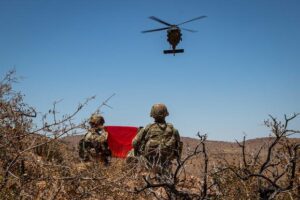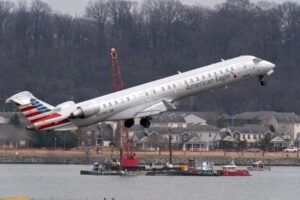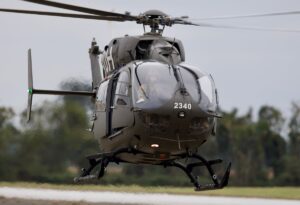In a swift reversal, the Army has reinstated funding for travel that facilitates the administration of the military entrance exam at remote and high school locations. This decision comes just a week after a funding halt that threatened the accessibility of the exam for potential recruits.
On March 7, Military.com reported that the Military Entrance Processing Command suspended two programs providing the Armed Services Vocational Aptitude Battery (ASVAB) exam at more accessible locations. This suspension followed a Pentagon memo that drastically restricted travel on government credit cards.
Marshall Smith, the spokesman for Military Entrance Processing Command, confirmed in an email that civilian travel for testing administrators has resumed. This includes travel to high schools and Military Entrance Testing Sites.
The funding halt stemmed from a memo by Darin Selnick, who acts as the under secretary of defense for personnel and readiness. Issued on March 5, the memo capped travel card use at $1 for civilian Pentagon employees. This measure is part of broader budget cuts driven by President Donald Trump and billionaire Elon Musk.
One tester affected by the policy explained that they used their own vehicles and received mileage reimbursements, rather than using government charge cards.
Last year, remote testing sites allowed 65,000 students to take the ASVAB, according to Smith. In one Southern state alone, over 12,000 high school students were tested.
During the program’s suspension, recruits could still visit formal Military Entrance Processing Stations to take the exam. However, these facilities are often located in major cities or military bases, making them less accessible for those living in rural areas.
Smith noted that Army officials reassessed the program, classifying it under “authorized travel in direct support of military operations.” A defense official stated that the Pentagon’s Office of Personnel and Readiness collaborated with the Army to better interpret the policy.
This incident is part of a larger pattern of budget cuts affecting government programs under Trump and Musk’s leadership. Musk’s Department of Government Efficiency, or DOGE, has notably dismissed federal employees, such as nuclear weapons experts and scientists combating bird flu, only to later attempt rehiring.
Concerns have also arisen from DOGE’s initiatives at the Treasury Department, where sensitive veterans data was accessed, potentially affecting the reliability of VA benefits and future payments, as reported by Military.com.
Smith confirmed that most remote testing sites resumed ASVAB exams on Friday, with high school testing also restarting. Full operations are expected by Monday.

